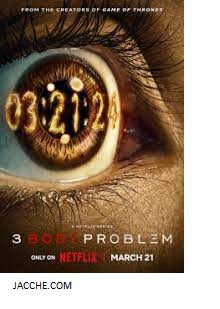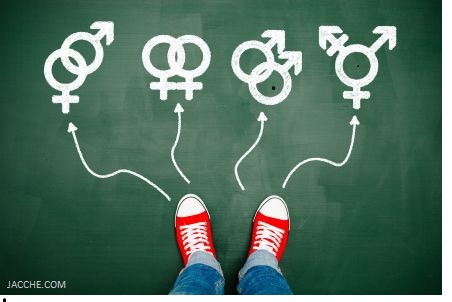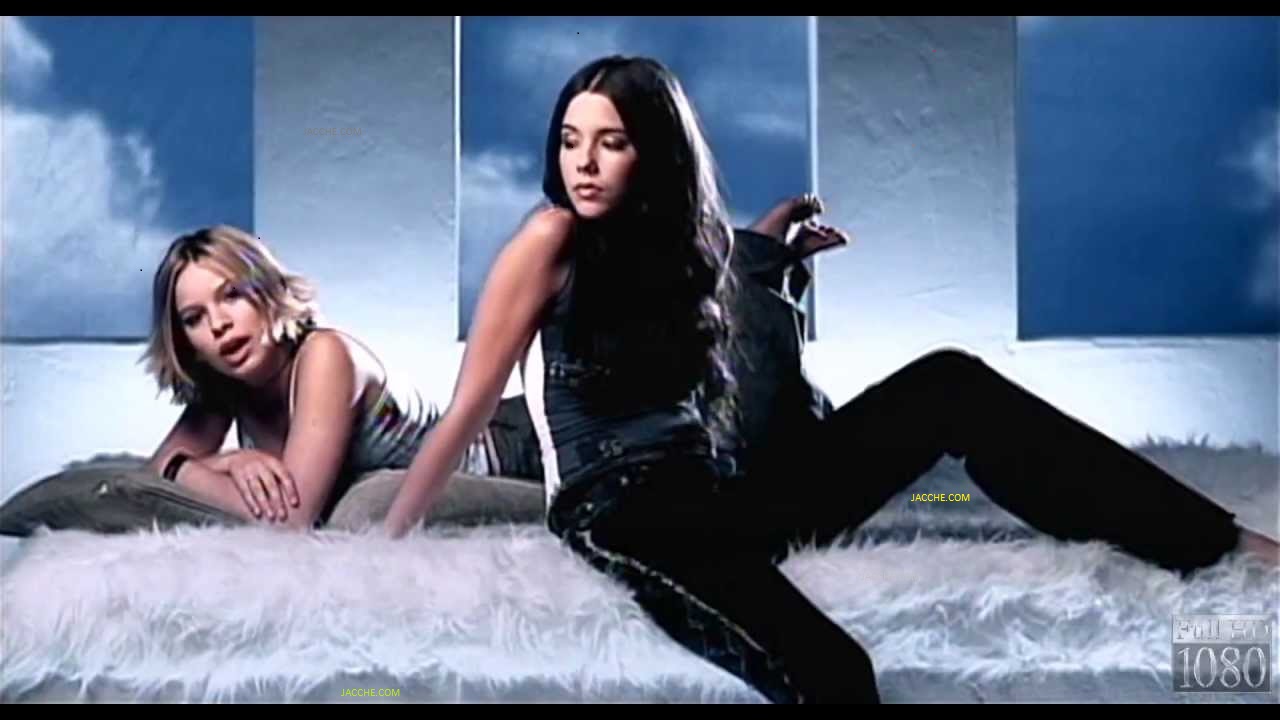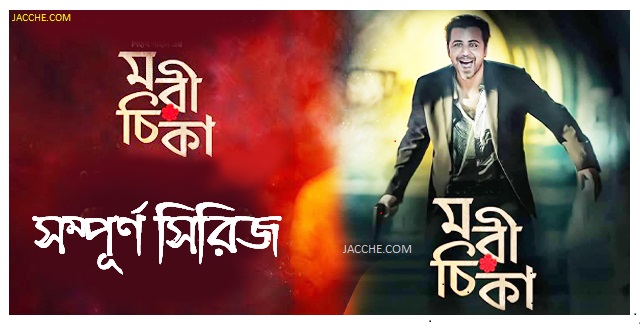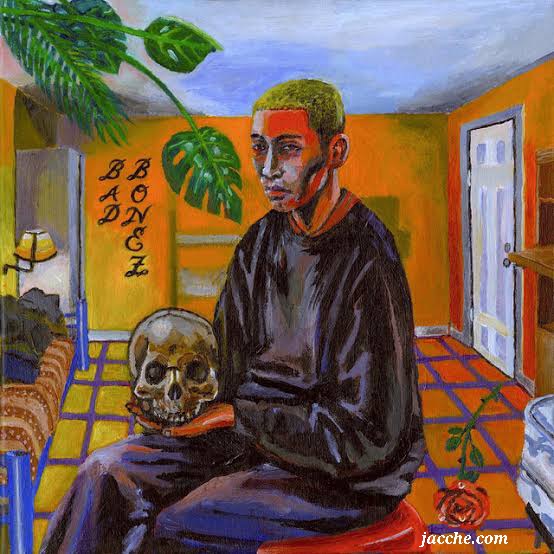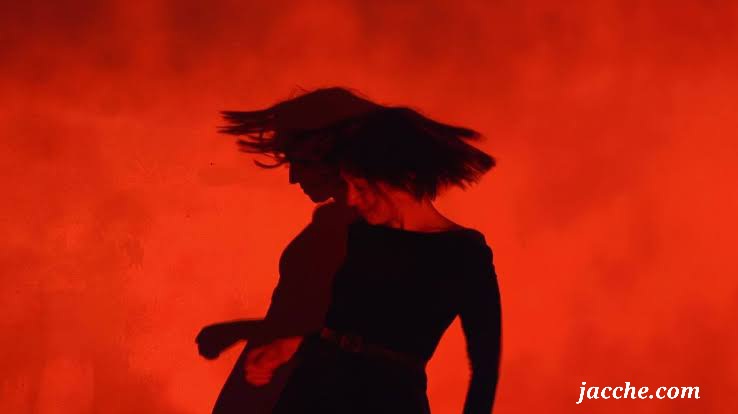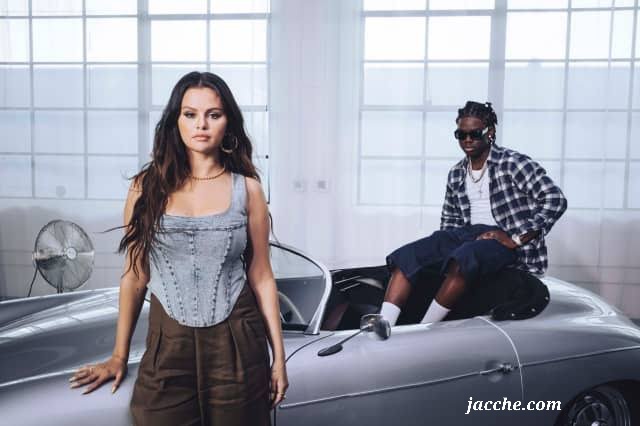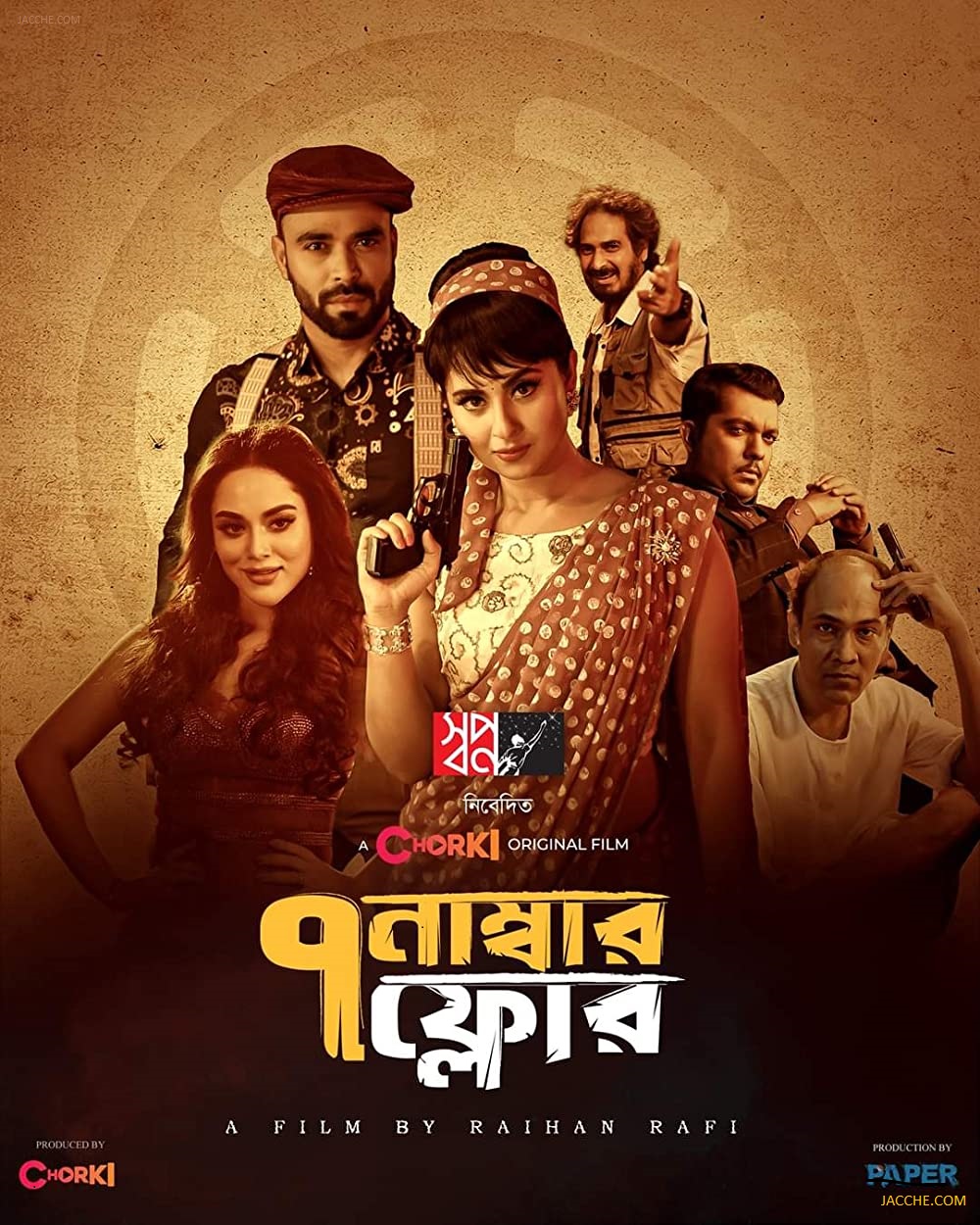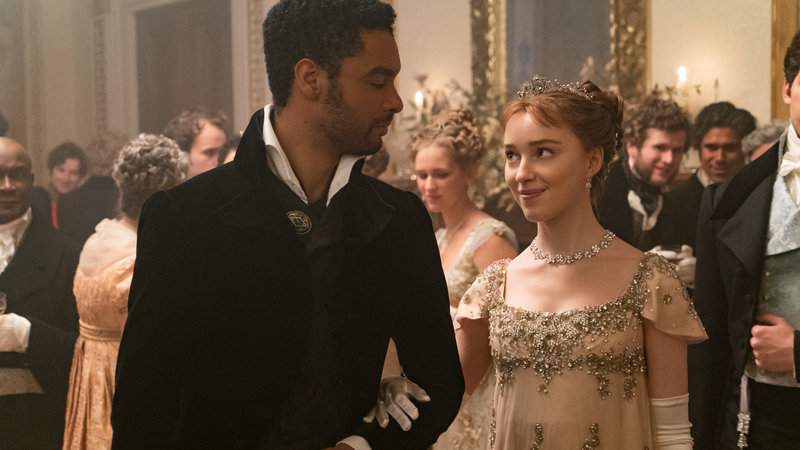Bridgerton
Bridgerton is an American streaming television period drama series created by
Chris Van Dusen and produced by Shonda Rhimes.
It is based on Julia Quinn’s novels set in the competitive world of
Regency era London’s Ton during the season, when debutantes are presented at court.
It premiered on Netflix on December 25, 2020.

Main Characters:
Adjoa Andoh as Lady Danbury, a sharp-tongued, insightful doyenne of London society, who is Simon’s mentor
Jonathan Bailey as Anthony, Viscount Bridgerton, the eldest Bridgerton son
Phoebe Dynevor as Daphne Bridgerton, the fourth Bridgerton child and eldest daughter
Ruby Barker as Marina Thompson, a Featherington cousin
Regé-Jean Page as Simon Basset, Duke of Hastings, one of London’s most eligible bachelors
The drama centers on the Bridgerton family: Violet, Dowager Viscountess Bridgerton;
her four sons, Anthony, Benedict, Colin and Gregory and her four daughters, Daphne, Eloise, Francesca and Hyacinth. Also featured are the Featheringtons: Portia, Lady Featherington; her husband the Baron; their three daughters, Philippa, Prudence and Penelope; and their cousin Marina Thompson.
Storyline:
As a genre, romance is frequently described with the kind of dismissive words that suggest a certain inherent, and often sexist, bias. “Bodice-ripper” isn’t so bad, but “trashy” is, and the latter comes up quite often in critical analysis of projects that dare to imagine their protagonists happy, in love, and having a lot of sex. This point isn’t to suggest that all romance films are actually good—rest assured that the “Fifty Shades of Grey” trilogy will not be defended here—but to note that, like the romantic comedy, the romance genre tends to be targeted toward female fans, and also tends to be broadly derided. Is there some kind of connection there? Absolutely. And that’s what makes assessing a project like Netflix’s “Bridgerton,” with its varying pleasures and failures, so tricky.
Van Dusen’s series transports us to a version of Regency-era England in 1813 that is far more ethnically diverse than history actually allowed.
In “Bridgerton,” the Queen Charlotte (Golda Rosheuvel) with whom the king fell in love is a Black woman, and his adoration of her paved the way for the inclusion of other races other than only white people in proper British society.
But few families of any ethnic background can rival the powerful,
prestigious Bridgertons, whose eldest daughter Daphne (Phoebe Dynevor)
is set to make her society debut.
She is everything a desirable young woman should be—delicate, pretty, and slim; clever in conversation and demure otherwise; kind to household staff, commoners, and other elites alike; determined to be a good wife and mother—and the Bridgertons have high hopes that she’ll do well during the upcoming season of balls, parties, dinners, teas, and other events that allow for young men and women to catch each other’s eyes, and their parents to work out the details of their engagements. Although the Queen describing Daphne as “flawless” in her debut is a triumphant moment, younger Bridgerton sister Eloise (Claudia Jessie) correctly observes that the other 200 or so young women who also came out to society that year now have a “collective adversary.”
What men will be left for them if they’re all off courting Daphne?
But things don’t go quite according to plan.
The first issue is the arrival of the beautiful and mysterious Marina Thompson (Ruby Barker), a distant cousin of the “tasteless, tactless” Featherington family, who are frenemies of the Bridgertons. At the first ball of the season, Marina charms and enchants, while Daphne stumbles—literally. Her bumping into the eligible bachelor Simon, Duke of Hastings (Regé-Jean Page), and their terse conversation afterward, causes a stir. Mothers eager to get a member of the landed gentry interested in their daughters are constantly watching, and any misstep of Daphne’s could damage her marriage prospects. When Daphne realizes that her overprotective older brother Anthony (Jonathan Bailey), now the viscount of the house after her father’s death, is going to scare away any suitors whom he doesn’t consider promising, and when she learns that Simon is utterly disinterested in marriage and wants to get everyone off his back, the two of them hatch a plan. If Simon and Daphne pretend to be courting, Daphne’s unavailability will renew male interest in her, while Simon’s suggested affection for Daphne will dissuade female interest in him. They can’t stand each other (she calls him a “rake”; he calls her “desperate”), but each of them gets what they want—as long as the secretive Lady Whistledown, who serves as the series’ narrator (voiced by Julie Andrews), doesn’t find out about the scheme and spill the dirt in her rabidly consumed scandal sheet.
Those are major questions that “Bridgerton” tidily wraps up in about one episode’s time, sometimes with characters’ decision making taking place entirely off-screen, and the result is that certain arcs end up shortchanged. What causes a young woman to break up with one of the Bridgerton brothers after their prolonged, passionate affair? What inspires the individual who is eventually revealed as Lady Whistledown? What effect does the death of a patriarch have on a certain family? “Bridgerton” wants a little morsel of story for nearly everyone (except for the household staff members, maids, housekeepers, cooks, and servants, who are universally devoted, loyal, and perfectly happy serving all these rich people), which is admirable. But some characters get such scraps that it almost seems like a disservice to have made the attempt at all. And some of the series’ greatest shortcomings are how inconsistently it addresses the “model minority” pressure placed upon the characters who were elevated upward as a result of Charlotte marrying into the royal family, and how little attention it pays to Charlotte herself as a Black woman attempting to rule a country alone, rather than just serving as the ailing king’s wife.
“Bridgerton” also stars Golda Rosheuvel, Jonathan Bailey, Luke Newton, Claudia Jessie, Nicola Coughlan, Ruby Barker, Sabrina Bartlett, Ruth Gemmell, Adjoa Andoh, Polly Walker, Ben Miller, Bessie Carter and Harriet Cains.
The series was created by Chris Van Dusen who also serves as showrunner on the eight-episode drama. Van Dusen executive produces along with Shonda Rhimes and Betsy Beers under their Shondaland banner for Netflix. Directors include Julie Ann Robinson, Sheree Folkson, Tom Verica and Alrick Riley.

